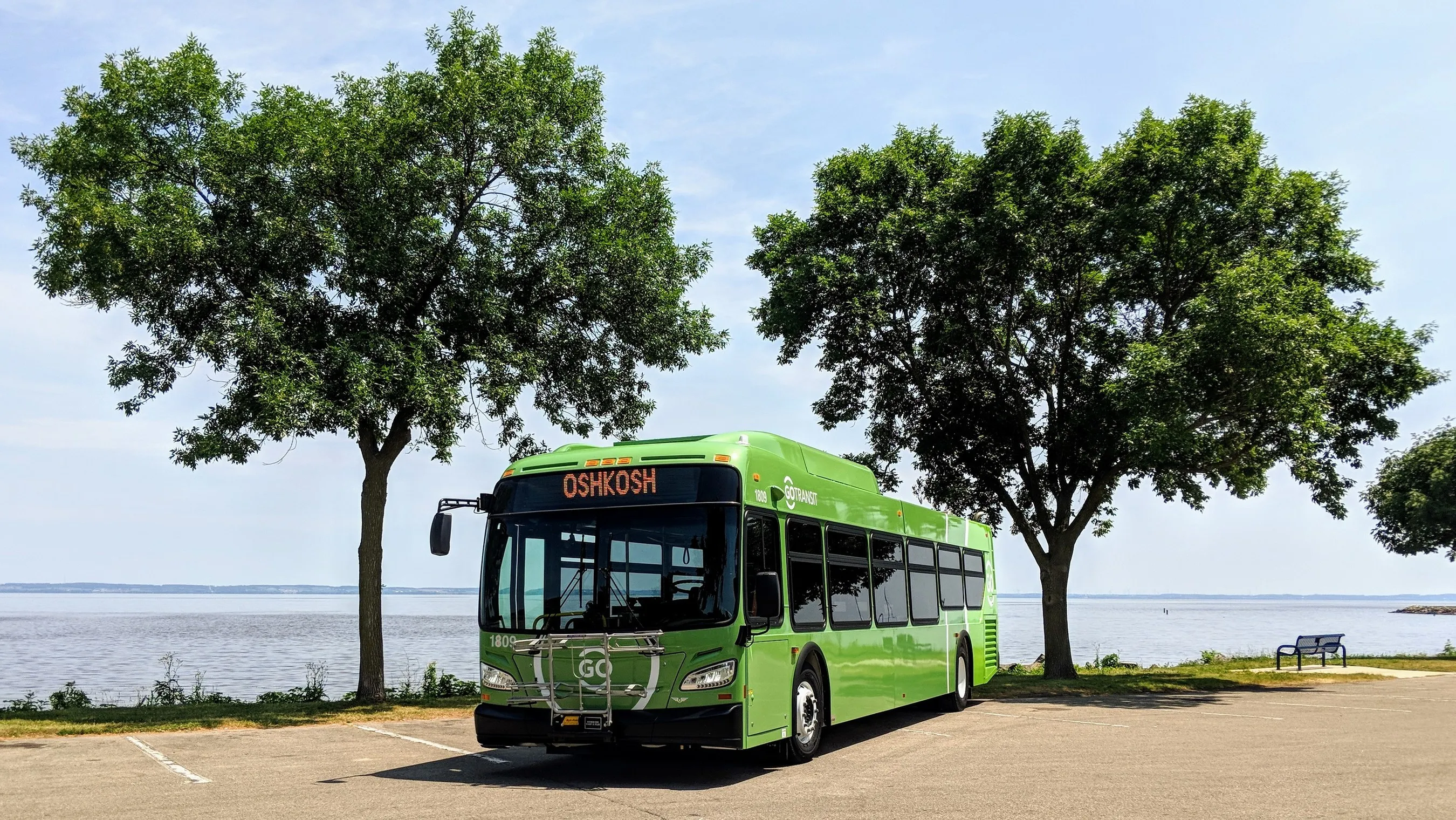
Baidu is to deploy 40 Apollo Go robotaxis across a road network of around 700 km in China's capital Beijing.
Baidu says the autonomous taxi service includes nearly 100 pick-up and drop-off stations covering residential and business areas in Yizhuang, Haidian and Shunyi districts.
Zhenyu Li, corporate vice president of Baidu, says: “With our technology and platform advantages, we will contribute more to the development of autonomous driving and smart transportation in Beijing.”
Riders can access the service after registering on Baidu Maps or the Apollo website.
Baidu says Beijing was the first Chinese city to regulate and open autonomous driving road test zones.
Last year, Baidu claimed 40 of the first batch of manned autonomous driving test licences issued by the city.
The robotaxi fleet completed road tests totalling 519,000 km in Beijing after eight months of manned testing, the company adds.
The new move follows a similar partnership with Guangzhou Public Transport Group to deploy robotaxis, 5G-powered buses, cellular Vehicle to Everything (C-V2X) technologies and bus rapid transit systems.
Baidu subsidiary Apollo Auto says in a blog post that it has accelerated plans to deploy AVs as the “Covid-19 pandemic has increased the demand for contactless technologies”.
Baidu has also entered a ¥460 million (£52 million) deal with technology consultancy SCI Group to develop smart city transportation services in the city.
The partners will explore V2X technologies, connected vehicles, smart traffic and AVs.
Baidu co-founder Robin Li says: “Baidu, Guangzhou, and Guangzhou Development District will cooperate in fields including autonomous driving, smart vehicle connectivity and intelligent transportation.”
In May, Baidu started working with the Guangzhou Development District to develop an intelligent vehicle and AV operations base.
Separately, Baidu is providing local cities with V2X infrastructure which supports add-on features such as smart signalling, smart parking and smart buses.
Earlier this year, Baidu’s robotaxis started operating in the Hunan Province’s capital Changsha and the city of Cangzhou in Hebei province.










